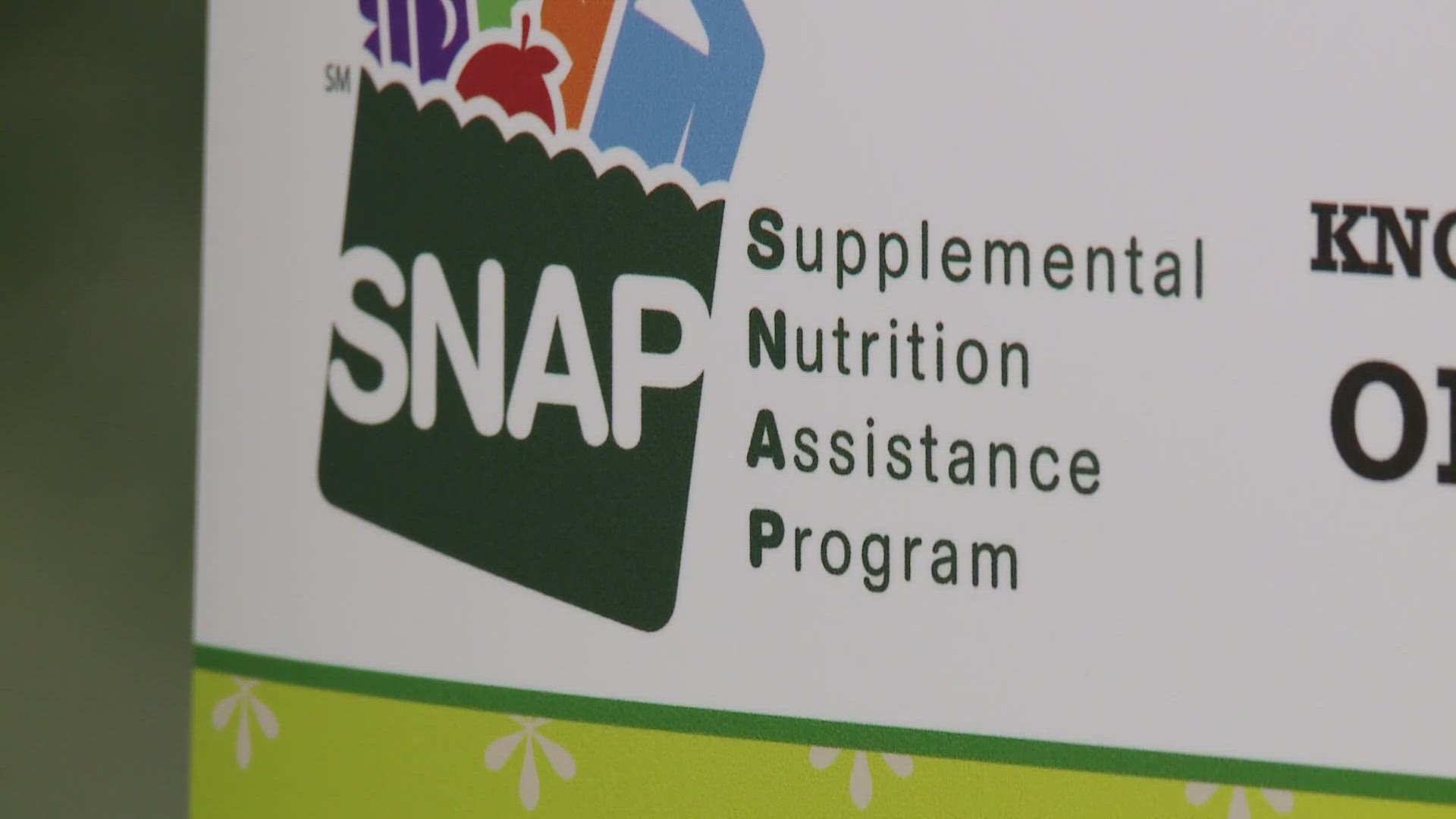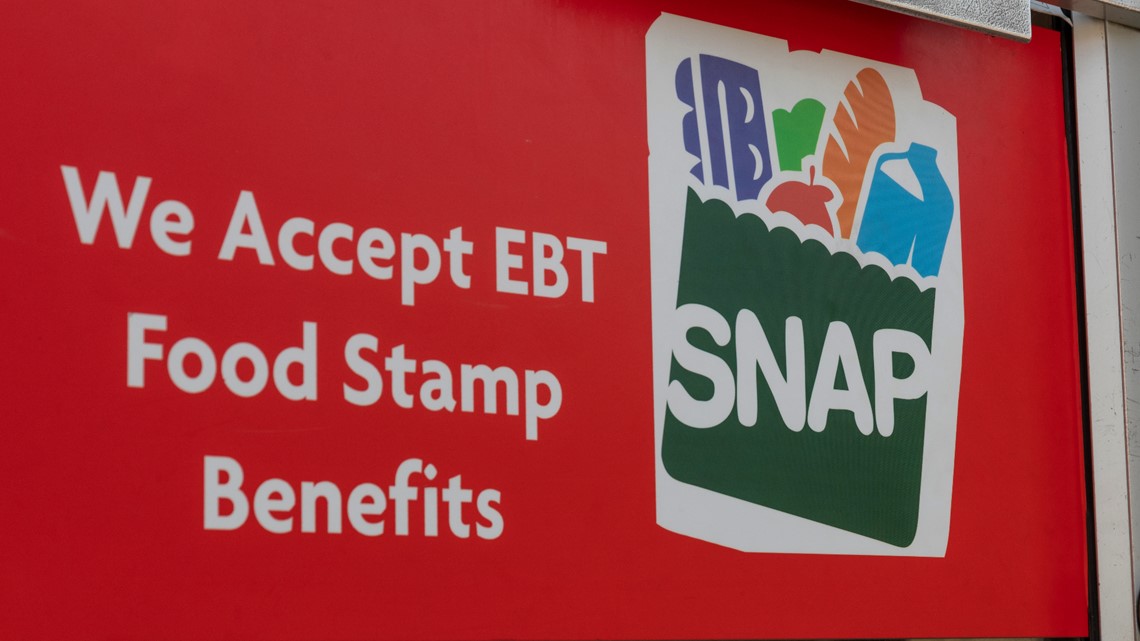One worrying development in recent years is that beneficiaries of the Supplemental Nutrition Assistance Program (SNAP) are experiencing protracted delays in their benefits being disbursed. The severity of this predicament has prompted the federal government to intervene and take action.

Photo from Google
SNAP Crisis Unveiled: Federal Intervention as Colorado Faces Bottom-Ranking Delays
SNAP, a federal program, is meant to provide nutritional support to eligible households, but states play a crucial role in its administration. However, the U.S. Department of Agriculture (USDA) has identified a significant delay in the processing of Supplemental Nutrition Assistance Program (SNAP) applications in various states, prompting federal intervention.
One glaring example is Colorado, where the state’s sluggish processing of Supplemental Nutrition Assistance Program (SNAP) applications has landed it in the bottom five states, triggering a corrective action plan with the federal government. The USDA’s Food and Nutrition Service issued a warning to Colorado, emphasizing its failure to comply with federal requirements. This delay, extending beyond the mandated 7 or 30 days, has inflicted hardships on needy households across the state.
Data obtained by The Colorado Sun reveals a stark contrast in processing rates among counties. While some are exceeding the 90% benchmark for timely application processing, others struggle at a mere 50%. The situation is so dire in certain counties that employees are forced into mandatory overtime to tackle the backlog.
READ ALSO: Gov. Bill Lee Unveils Ambitious Plans: School Choice, Business Tax Refund, And AI Protections In State Of The State 2024 Address
SNAP Benefit Crisis Spreads: States Grapple with Delays, Federal Action Urged by Agriculture Secretary
Colorado is not an isolated case, as other states like Tennessee grapple with similar challenges. The introduction of a new application processing system in Tennessee has been linked to delays, leaving around 20,000 applications pending for more than 30 days. These delays are exacerbated by the surge in (SNAP) enrollments due to the pandemic and increased grocery prices.
Recognizing the urgency of the situation, Agriculture Secretary Tom Vilsack has taken action. On February 8, he sent letters to the governors of 44 states, the District of Columbia, Guam, and the U.S. Virgin Islands, urging them to address error rates and improve the timeliness of Supplemental Nutrition Assistance Program (SNAP) benefits.
As the federal government steps in to rectify these issues, the spotlight remains on the crucial need for timely and efficient Supplemental Nutrition Assistance Program SNAP benefit distribution to support vulnerable households across the nation.

















































